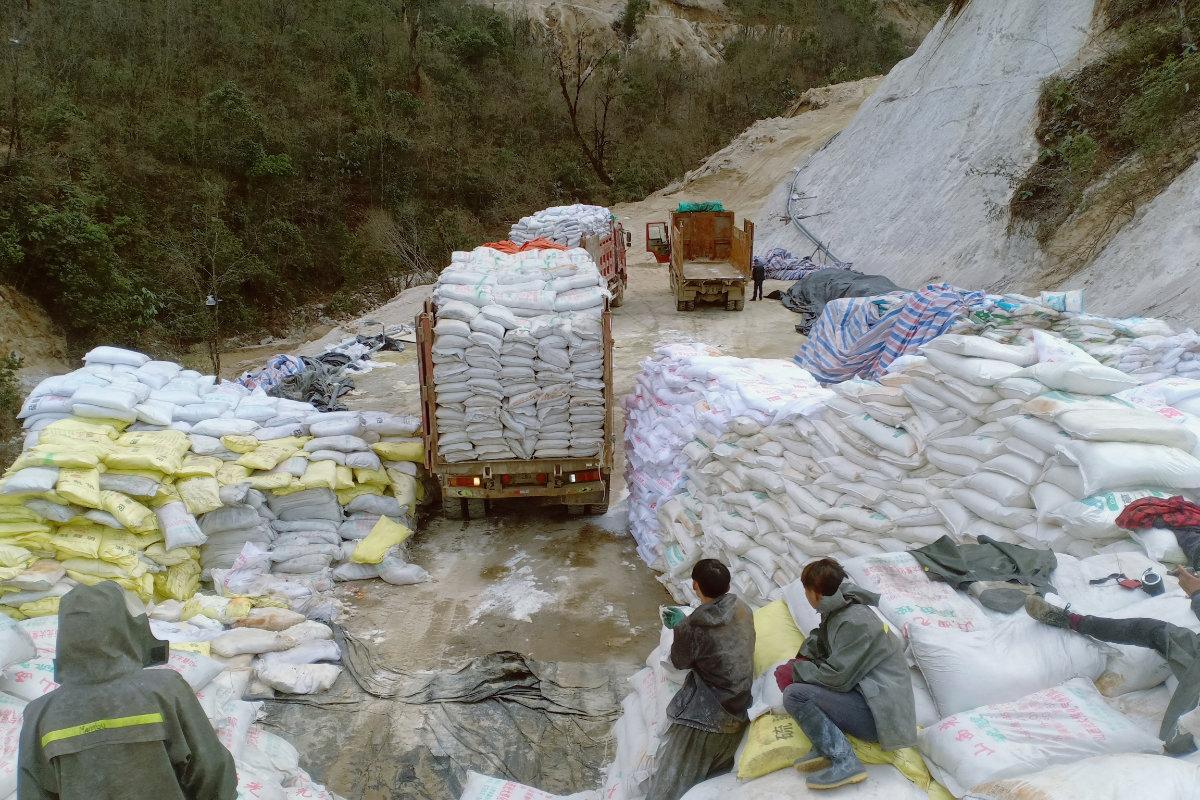How to navigate the ethical landscape of artificial intelligence

https://arab.news/ge9gt
In a world increasingly governed by algorithms and artificial intelligence, ethical considerations have become paramount. As society hurtles toward an AI-driven future, we stand at a crossroads where technological innovation intersects with moral responsibility. It is at this juncture that we must engage in a candid conversation about the implications of AI on our lives, our societies, and our humanity.
As the late renowned physicist Stephen Hawking once warned: “The rise of powerful AI will be either the best or the worst thing ever to happen to humanity.” This dichotomy encapsulates the profound stakes involved in the rapid advancement of AI technology. On one hand, AI has the potential to revolutionize industries, enhance productivity, and improve quality of life. On the other, it raises a host of ethical dilemmas that demand urgent attention and thoughtful consideration.
In this series of articles, we embark on a journey to explore the multifaceted relationship between AI and ethics. From the ethical implications of autonomous vehicles to the challenges of algorithmic bias in healthcare or defense practices, we will delve into the complexities of AI ethics and their real-world ramifications.
At the heart of this discussion lies the fundamental question: What kind of future do we want to create with AI? As we entrust machines with increasingly complex decision-making capabilities, we must ensure that they align with our values and respect our shared humanity. This necessitates not only robust technical solutions but also a deeper understanding of the ethical principles that should guide AI development and deployment.
One pressing ethical concern revolves around the issue of fairness and equity in AI systems. As algorithms wield unprecedented power in shaping our lives, they also have the potential to perpetuate or exacerbate existing biases and inequalities. Whether is in lending decisions, law enforcement practices, or healthcare algorithms, the risk of reinforcing societal prejudices looms large. Addressing these biases requires a concerted effort to design and deploy AI systems that prioritize fairness, transparency, and accountability.
Moreover, the rise of AI raises profound questions about the nature of work and human dignity. As automation accelerates, millions of jobs are at risk of displacement, potentially widening the gap between the haves and the have-nots. How do we ensure that technological progress benefits all members of society, rather than concentrating wealth and power in the hands of a privileged few? These are ethical dilemmas that demand a re-evaluation of our social and economic structures in the age of AI.
These are ethical dilemmas that demand a re-evaluation of our social and economic structures in the age of artificial intelligence.
Rafael Hernández de Santiago
Furthermore, the pervasive influence of AI on our daily lives raises concerns about privacy, autonomy, and individual liberty. From facial recognition technologies to predictive analytics, the collection and analysis of vast amounts of personal data raise thorny ethical questions about consent, surveillance, and control. How do we strike the right balance between innovation and privacy, between security and freedom, in a world where every click leaves a digital footprint?
As we embark on this exploration of AI and ethics, it is crucial to recognize that there are no easy answers or quick fixes. The intersection of technology and morality is a complex terrain fraught with nuance and uncertainty. Yet, it is precisely in grappling with these complexities that we reaffirm our commitment to ethical principles and human values in the face of technological progress.
In the words of philosopher Edmund Burke: “The only thing necessary for the triumph of evil is for good men to do nothing.” As we stand on the threshold of an AI-driven future, let us heed this admonition and engage in a proactive dialogue about the ethical dimensions of AI. Only through collective vigilance, informed debate, and ethical reflection can we navigate the challenges and opportunities that lie ahead.
Join us in this series as we embark on a journey to unravel the ethical conundrums of AI and chart a course toward a future that is not only technologically advanced but also ethically sound and morally just.
• Rafael Hernández de Santiago, viscount of Espes, is a Spanish national residing in Saudi Arabia and working at the Gulf Research Center. He holds a doctorate in ethics and artificial intelligence, a master’s degree in international relations, and a certificate from the leadership program for public management at IESE. He has wide professional experience in general and institutional management, business development, international management, strategic management, and international relations, both in the private and public sectors.




























